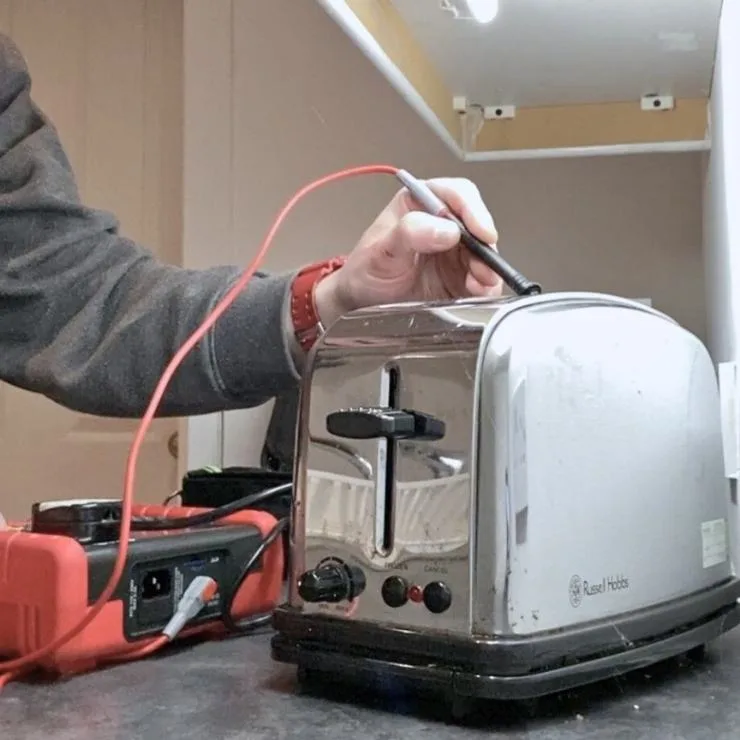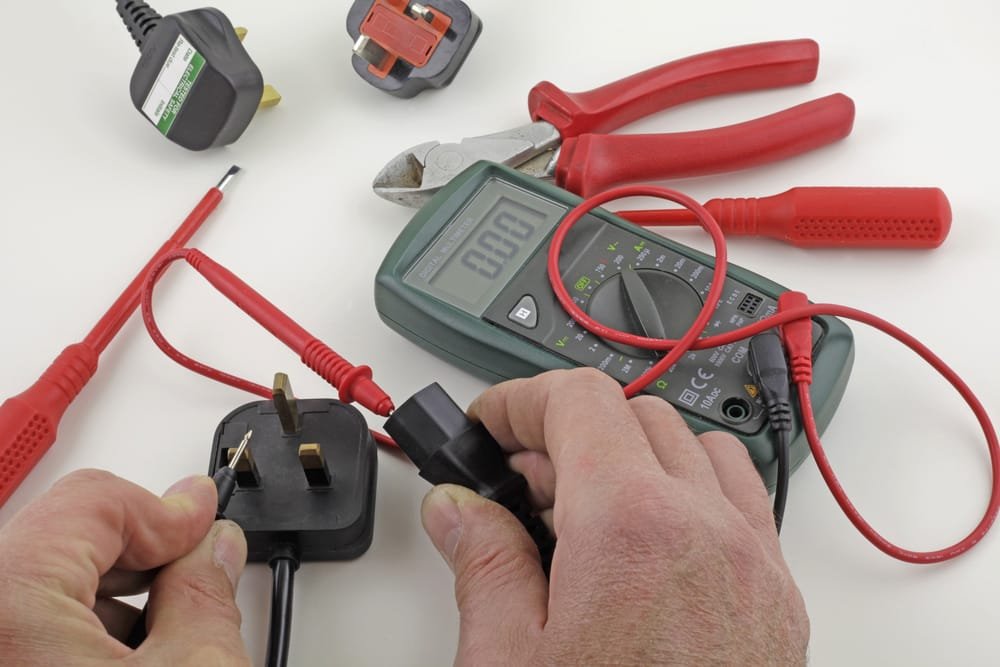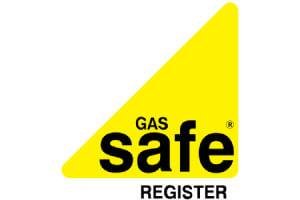
Portable Appliance Testing (PAT) is essential for ensuring the safety of electrical appliances in rental properties. Landlords must consider various factors to determine the appropriate frequency of testing. While an annual check is a common practice, specific circumstances may lead to different requirements. Understanding these distinctions is essential for compliance and tenant safety. As landlords navigate these obligations, clarity on the testing process becomes increasingly important.
Key Takeaways
- Annual portable appliance testing is recommended for rental properties to ensure safety and compliance with regulations.
- High-use appliances may require more frequent testing to reduce risks effectively.
- Immediate testing is advisable for properties with tenant turnover to ensure safety for new occupants.
- Environmental factors like humidity and dust can necessitate more regular inspections of appliances.
- Engaging qualified professionals for portable appliance testing reinforces commitment to tenant safety and compliance with industry standards.
What Is PAT Testing?
Portable Appliance Testing PAT acts as an essential safety measure in managing electrical equipment within rental properties. This systematic inspection includes testing portable electrical devices to ensure their safety for use.
The process typically involves conducting visual inspections and electrical tests to assess aspects such as insulation resistance and earth continuity. Portable appliance testing helps identify danger, reducing the risk of electrical fires or shocks.
While it does not guarantee absolute safety, regular portable appliance testing establishes a framework for proactive maintenance and risk management. Ultimately, landlords who prioritise portable appliance testing demonstrate a commitment to tenant safety and compliance with industry best practices, promoting trust and reliability in their rental business.
Is PAT testi4ng legally required for landlords?
The legal landscape surrounding portable appliance testing for landlords is shaped by various regulations and safety obligations aimed at protecting tenants and guaranteeing safe living environments.
Although portable appliance testing is not specifically mandated by law, landlords are legally required to confirm that electrical appliances are safe for use. Compliance with the following guidelines is essential:
- Health and Safety at Work Act 1974: Mandates that all electrical equipment must be safe.
- Landlord and Tenant Act 1985: Imposes a duty to ensure the property is fit for habitation.
- Electrical Equipment (Safety) Regulations 1994: Requires that electrical equipment be maintained to prevent danger.
- Insurance Requirements: Many insurance policies necessitate regular portable appliance testing to remain valid.
Therefore, although not a legal obligation itself, portable appliance testing is a sensible practice for landlords.
How frequently should PAT testing be performed in rental properties?
The frequency of portable appliance testing PAT in rental properties varies based on several factors, including the type of appliances and the terms of the rental agreement. Industry standards generally recommend that landlords conduct these tests annually.
This annual testing is essential for guaranteeing the safety and reliability of electrical appliances, alleviating risks associated with electric shocks or fires. Regular inspections facilitate the identification of potential hazards and ensure compliance with safety regulations, thereby protecting both tenants and property owners.
Additionally, landlords may consider more frequent testing for high use appliances or properties with diverse tenant demographics.
Ultimately, adherence to a systematic portable appliance testing schedule not only protects tenants but also enhances the landlord’s reputation and minimises liability.

Factors That Affect PAT Testing Frequency
Several factors influence the frequency of portable appliance testing in rental properties, particularly with the types of appliances present and their usage patterns. Understanding these elements is crucial for landlords seeking to ensure safety and compliance.
- Type of Appliances: High-risk appliances need to be tested more often.
- Usage Patterns: Appliances used more often may need regular checks.
- Tenant Turnover: New tenants may necessitate immediate testing to guarantee safety.
- Environmental Conditions: Humidity and dust levels can affect appliance integrity, warranting increased testing frequency.
Who Is Qualified to Perform PAT Testing?
Determining who is qualified to perform portable appliance testing is essentail for landlords seeking to guarantee compliance and safety in their rental properties.
Certified electrical engineers and qualified technicians with specific training in portable appliance testing possess the required credentials. These professionals typically hold relevant qualifications, such as the City & Guilds 2377 or equivalent certifications, which confirm their knowledge of electrical safety standards and regulations.
Experience in electrical maintenance and a thorough understanding of the equipment being tested are also essential traits.
Landlords should verify that the chosen service provider adheres to the latest regulations and guidelines, as this confirms not only legal compliance but also the protection of tenants.

Why Regular PAT Testing Matters for Landlord Safety Compliance
Regular portable appliance testing is essential for landlords to confirm compliance with safety regulations and to protect both their properties and tenants. Adhering to these protocols not only minimises risks but also fosters a safe environment.
Neglecting this responsibility can have serious and far-reaching consequences.
- Enhances tenant safety and reduces liability.
- Confirms compliance with legal obligations and standards.
- Prevents costly damages through early detection of faults.
- Promotes a positive reputation among tenants and the market.
Landlords who prioritise regular portable appliance testing demonstrate a commitment to safety and professionalism.
Frequently asked questions.
Conclusion
To summarise, landlords must prioritise Portable Appliance Testing to guarantee the safety and compliance of their rental properties. Conducting portable appliance testing annually is generally advisable, although factors such as appliance usage and tenant turnover may necessitate more frequent inspections. By following these guidelines, landlords not only fulfil their legal obligations but also protect tenants and reduce obligations. Regular portable appliance testing is an essential practice that highlights a commitment to safety and responsible property management.







